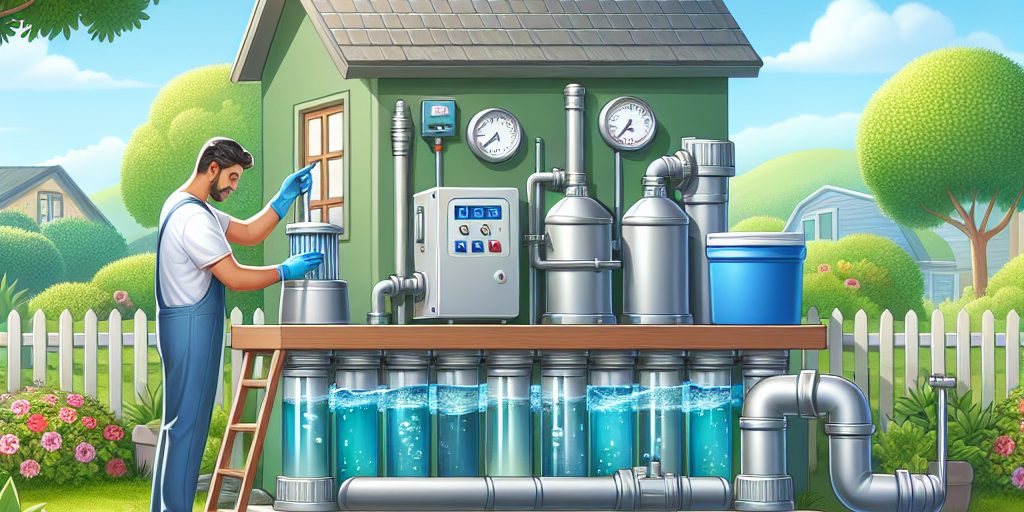How to Maintain Your Home Sewage Treatment Plant
Home sewage treatment plants represent a critical infrastructure for residential wastewater management, ensuring environmental protection and personal health. These sophisticated systems process household wastewater through multiple complex stages, transforming contaminated water into environmentally safe effluent. Understanding the intricate mechanisms of your home sewage treatment system can help prevent costly repairs and maintain optimal performance. Regular maintenance isn’t just a recommendation; it’s an essential practice for protecting both your property and surrounding ecosystem. Proactive care can extend the lifespan of your treatment plant while minimizing potential environmental risks.
Key Takeaways
- Conduct annual professional inspections regularly
- Practice water conservation techniques consistently
- Follow strict waste disposal guidelines
- Maintain comprehensive maintenance records
- Understand your system’s specific operational requirements

Understanding Your Home Sewage Treatment System
A typical home sewage treatment system comprises three primary critical functional components: the septic tank, drain field, and surrounding soil. Each element plays a unique role in processing household wastewater through an intricate biological treatment process. The septic tank serves as the initial collection point, where anaerobic bacteria begin breaking down organic materials. Wastewater enters this tank, allowing solid waste to settle while lighter materials float to the top.
The drain field represents the secondary treatment stage, dispersing treated effluent into the surrounding soil. Here, additional microbial activity and natural filtration occur, further purifying the water before it reaches groundwater reserves. Soil acts as the final treatment mechanism, removing remaining contaminants through biological and physical processes.
Essential Maintenance and Inspection Practices
Regular professional inspections form the backbone of effective sewage treatment plant maintenance. I recommend scheduling annual comprehensive assessments to identify potential issues before they escalate. These inspections typically evaluate the system’s structural integrity, measure sludge levels, and assess overall operational efficiency.
Pumping represents another crucial maintenance task. Most systems require complete tank pumping every three to five years, depending on household size and usage patterns. Neglecting this process can lead to system failure, drain field clogs, and potentially expensive repair work.
Water Conservation and System Efficiency
Reducing wastewater volume can significantly enhance your treatment plant’s performance and longevity. Practical water conservation strategies include installing water-efficient fixtures like low-flow toilets and aerated faucets. Spreading out water-intensive activities such as laundry and dishwashing can prevent system overload.
Proper Waste Disposal Guidelines
Strict waste disposal practices are fundamental to maintaining your sewage treatment system. Avoid disposing of non-biodegradable materials like oils, tampons, paper towels, and plastics. Implement kitchen and bathroom strategies such as using sink strainers and minimizing commercial cleaner usage.
Professional Services and Support
At Bioworx, we understand the complexities of home sewage treatment systems. Our expert maintenance services provide comprehensive support for residential wastewater management. From initial system assessment to ongoing maintenance, we’re committed to ensuring your treatment plant operates efficiently and effectively.
Our specialized team offers detailed treatment plant maintenance tailored to your specific system requirements. We provide thorough inspections, technical servicing, and practical recommendations to maximize your system’s performance and longevity.
By choosing our professional services, you’ll gain peace of mind knowing your home sewage treatment plant is in expert hands. We combine technical expertise with proactive maintenance strategies to protect your investment and the environment.







